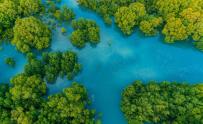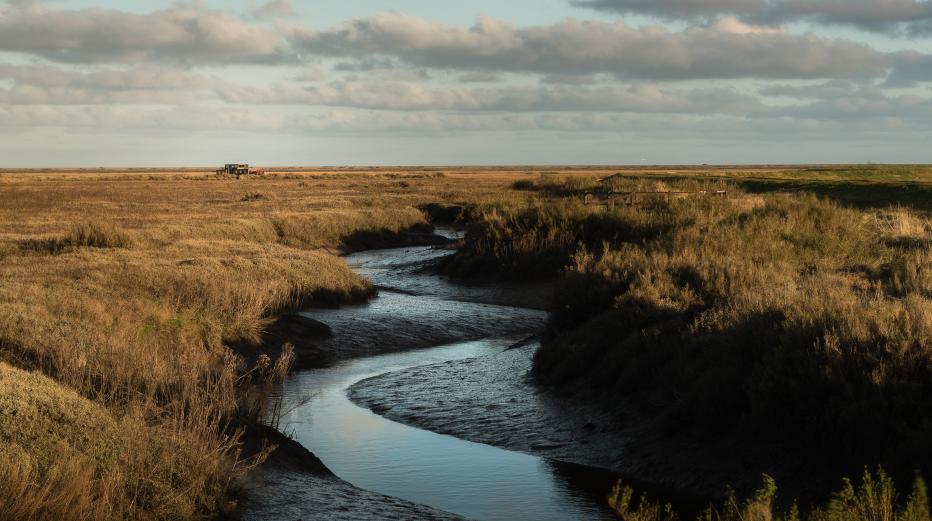
We bring our deep understanding of blue carbon as an effective decarbonization route, through scientific research, design and implementation of wetland restoration schemes, and key stakeholder relationships, to enable both positive environmental impacts and access to alternative funding.
We have over 25 years of experience in habitat restoration, such as managed realignment schemes, where we have been involved in all aspects of these schemes’ development from identifying suitable sites, designing the schemes, and monitoring them through construction.
Jacobs is at the forefront of blue carbon solutions globally and in the U.K.
-
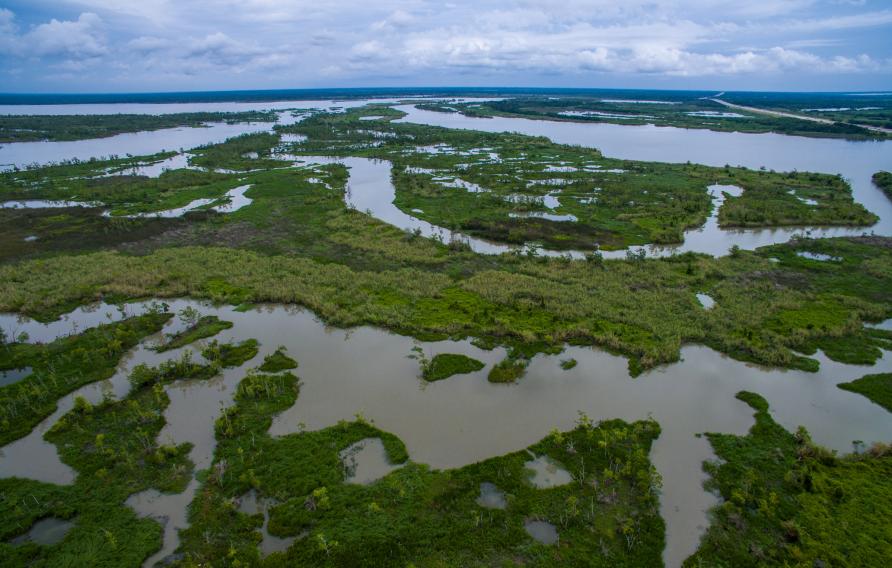
Jacobs developed the world’s first carbon code for coastal wetlands in 2014 and offers extensive experience with coastal ecosystems restoration and climate change adaption and mitigation.
-
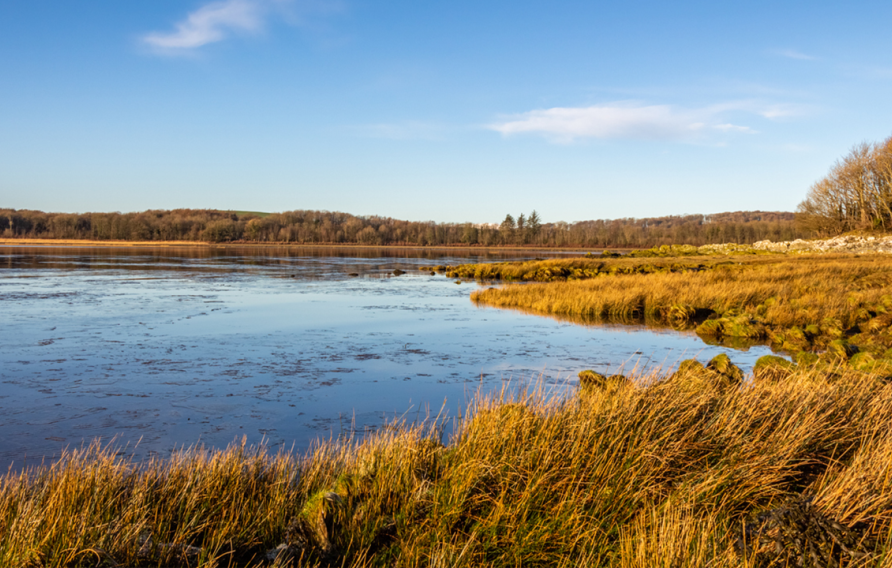
We are helping develop the U.K. Saltmarsh Carbon Code supported by the U.K. Government’s new Natural Environment Investment Readiness Fund (NEIRF) as part of a distinguished team led by the UK Centre for Ecology & Hydrology (UKCEH).
-
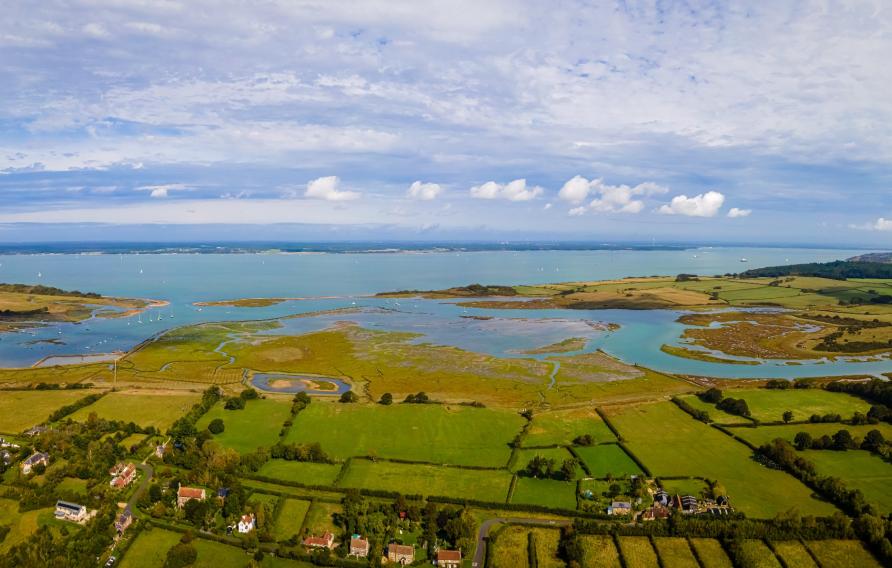
Jacobs is part of the U.K.’s Blue Recovery Leaders Group , which aims to create 100,000 hectares of healthy wetlands across the U.K. to help fight the interlinked crises of biodiversity loss, climate change and human well-being.
-
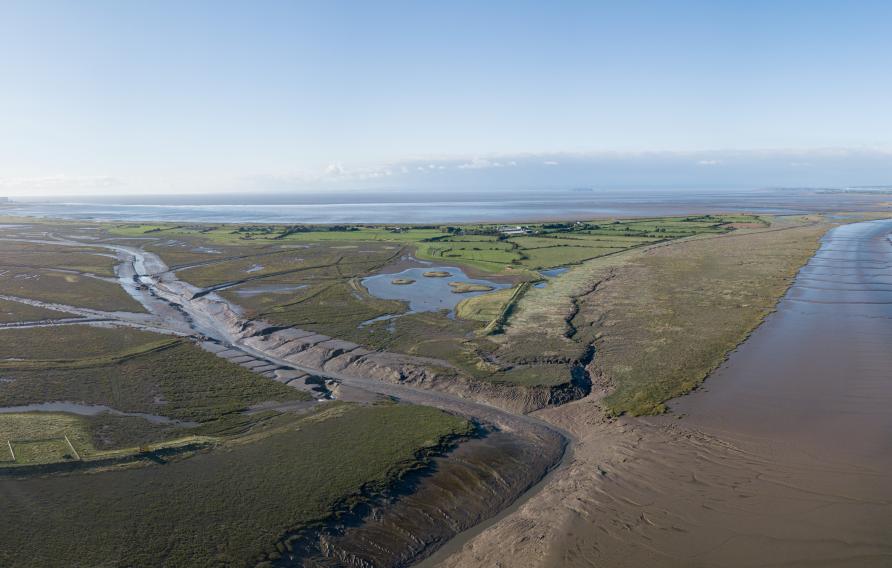
Jacobs is involved with leading university researchers measuring the carbon accumulation on restored saltmarshes.
-
1.5 K+
hectares (3,700 acres) of habitat delivered to date on Jacobs projects
-
60 +
Jacobs projects in the U.K. are connected with saltmarsh restoration
-
50 +
U.K. estuaries spanned by our projects
-
5
of the U.K's largest managed realignment schemes involved Jacobs' support
From our newsroom
-
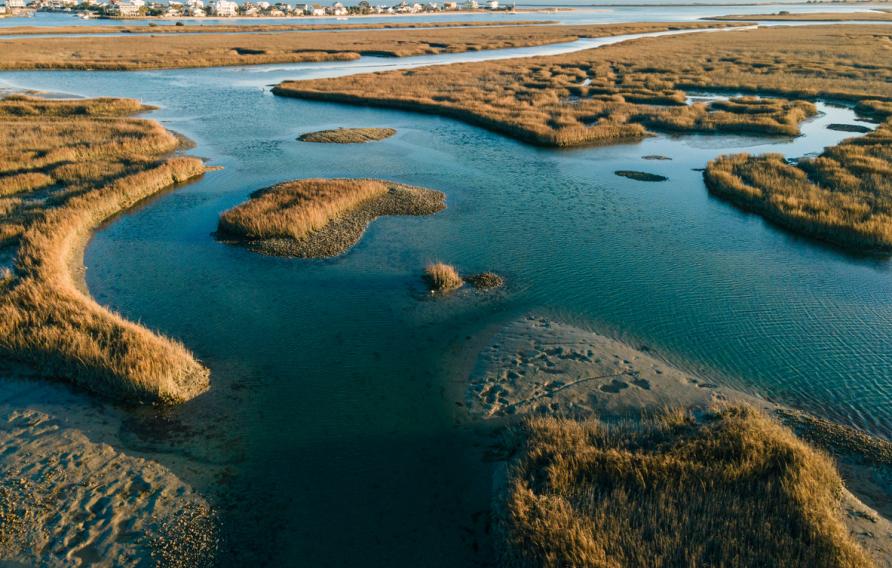 News
NewsJacobs and The Nature Conservancy to Develop Nature-based Coastal Resilience Implementation Plans for South Carolina
Read how we’re working with The Nature Conservancy to evaluate large-scale nature-based solutions that reduce coastal community risks and enhance the natural environment along South Carolina’s coastline.
-
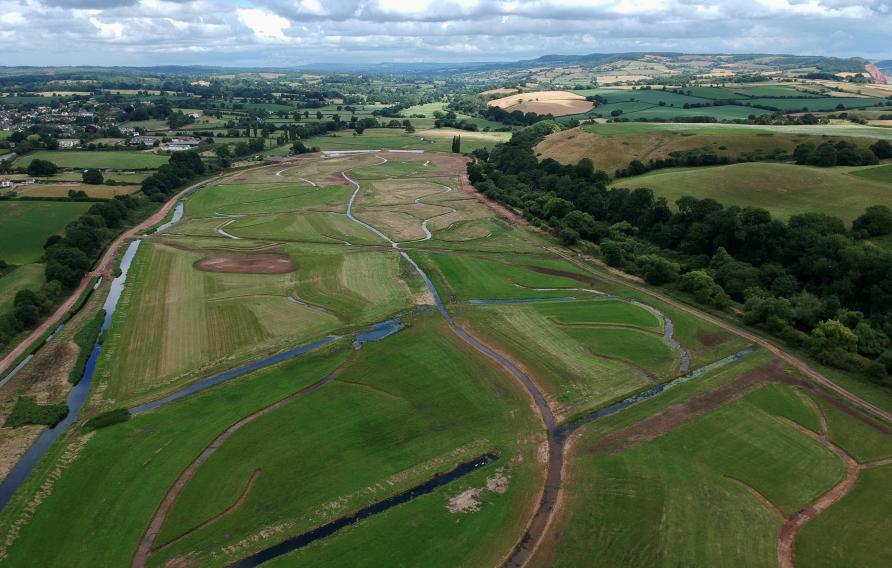 Showcase
ShowcaseLower Otter Restoration Project
The Lower Otter Restoration Project is an ambitious, large-scale habitat recreation project funded and promoted by the Environment Agency in conjunction with landowner Clinton Devon Estates, designed by an integrated team of technical experts at Jacobs and constructed by Kier. Working with nature, the project is collaborating with the local community and key partners to adapt and improve the lower section of the River Otter, its estuary and its immediate surroundings for future generations.
-
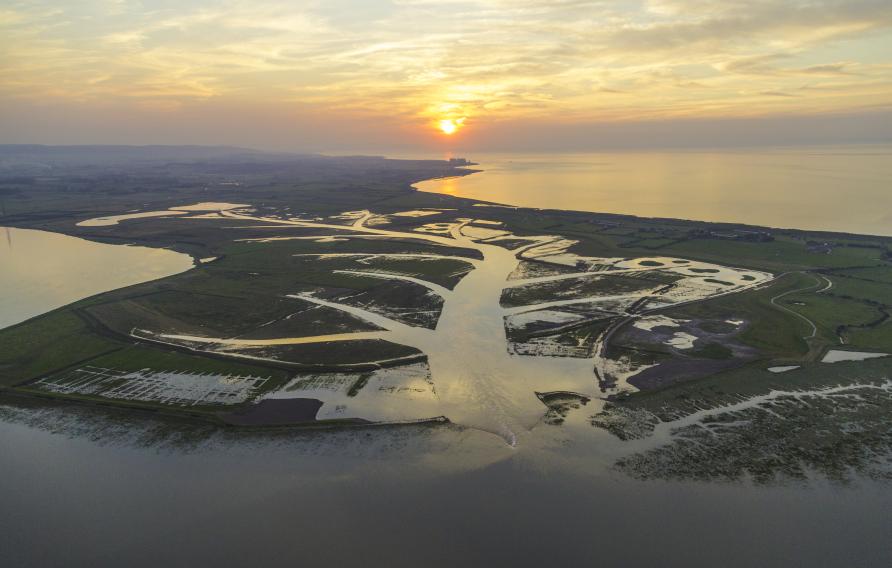 Showcase
ShowcaseRestoring Saltmarshes for Climate Resilience
One of the U.K.'s largest coastal management schemes, Steart is an example of working with nature to restore habitats, mitigate flood risk and respond to climate change.
-

 News
NewsCapturing Blue Carbon in Coastal Habitats: A Q&A with Professor Nigel Pontee
Jacobs Global Technology Leader for Coastal Planning and Engineering Nigel Pontee explains how the restoration of coastal habitats like saltmarshes can contribute to climate change mitigation.
-
 News
NewsBridging the Gap Between Decarbonization, Net Zero through Nature-based Solutions
Net zero requires action in two directions. On the one side, organizations must work to significantly reduce the release of emissions. On the other, they must support the removal of continued emissions from the atmosphere once decarbonization measures have been implemented. Nature-based solutions – also known as natural climate solutions - have a significant role to play in achieving net zero, spanning both emission reductions and removals.
-
 News
NewsUK Water Net Zero Carbon: Embracing the natural solution
Natural capital approaches are at the heart of the water sector’s contribution to a green economic recovery and net zero carbon ambitions, while forming an integral part of the industry’s public interest commitment. Click here to read our insights and watch our webinar.













































